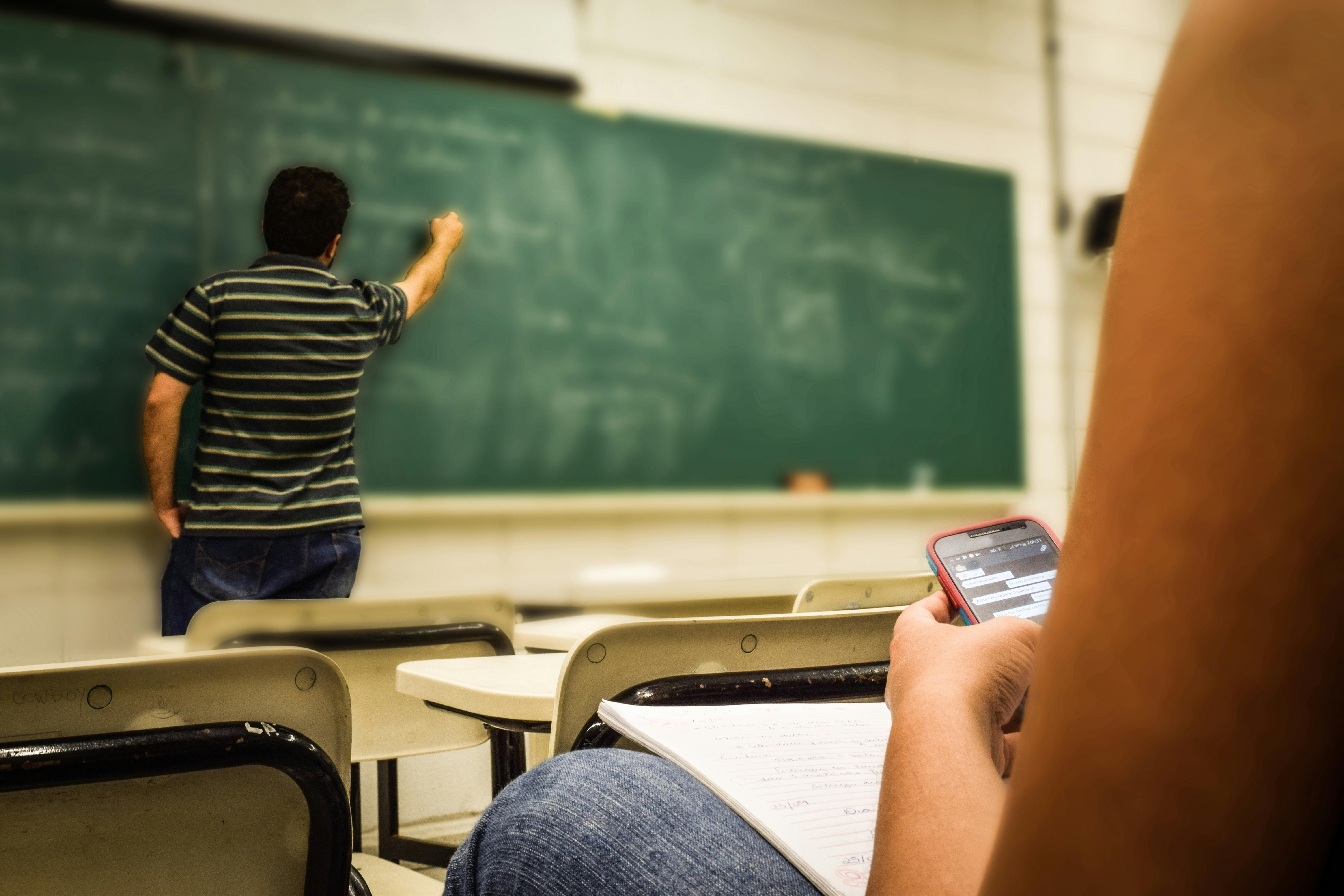Despite the island passing through some turbulent times, demographic changes and the business sense to carry on mean private schools are thriving
Private education is offered at all levels in Cyprus, and remains a popular choice. There are currently some 14,580 students across the island enrolled in private schools, according to the education ministry, with numbers still on the rise.
“Private secondary education is up from 22 to 23 per cent, with another 15 per cent of children attending private primary education”, says president of the Association of Private Schools and co-director of Olympion school group Giorgos Kritikos.
And despite the state spending way more per child than the EU average – 48 per cent more for primary and 78 for secondary – he says the biggest issue facing private schools is the lack of governmental subsidies. “It is not true that there are no families in private schools that would need state support,” he claims, suggesting that the government should subsidise student families according to their income, not the type of school their child attends.
“They don’t treat private schools equally at all,” he says. While state education would cost the state around €1,000 per child, the cost of private education is actually less and of much higher quality, Kritikos says.
Currently, a total of 40 private secondary schools, including 38 six-grade schools and two lyceums, are operating on the island. Another 27 private primary schools and 171 private kindergartens offer private education.
That compares to 108 public secondary schools – 62 gymnasiums, 36 lyceums and 10 six-grade schools. Overall, public secondary schools currently enroll 56,762 students.
Many of the children at private school are foreign. “We’re like the UN here”, says academic director of the Mediterranean High School in Larnaca Yiannis Pavlou. Many of the students, Pavlou says, come from Ukraine or Russia. Others are British or German, French, some even Greek. These numbers include those who have fled dangerous home lives in Russia, Ukraine, Lebanon and Syria.
In Limassol, the Island School shows similar demographics. Established three years ago, the school now has around 70 per cent Russian students, with other student nationalities including Israeli, Chinese, Indian and Ukrainian.
But all private schools on the island have a healthy proportion of Cypriot students, providing a more international atmosphere that appeals to parents looking for a global education for their children.
Private tuition fees in Cyprus start at €500 per month. Additionally, the schools charge for entrance exams, from around €70. The expense of private school is also increased by having to pay for uniforms, books and exams.
“The private education sector is a very competitive field, it seems to be lucrative,” a Limassol teacher tells the Cyprus Mail. And over the last two years the number of private schools has certainly risen with two more schools opening in Limassol alone.
As Russian companies reportedly relocated over 200 families at once and shipping companies have brought in international personnel from China and India, schools now also find themselves with Chinese and Indian pupils in attendance.
“The number of private schools is growing like mushrooms”, chairman of the Private English Schools Cyprus Association Akis Gregoriou says, with those popping up in Limassol a response to the growing population of foreign families of tech company employees that have relocated in recent years.

But all of those currently operating on the island are facing the same problems, most notably caused by Brexit as the private schools had seen large proportions of their students funnelled onto UK courses. “UK universities used to be the number one destination for Cypriot students, but that has very much changed since Brexit. Nowadays, more and more students choose the University of Cyprus (UCy) and other parts of Europe for higher studies,” he says.
Private schools operate as businesses. Established by private individuals or businesses, they run on a for-profit basis. How the profit is used is up to them. Typically, part of it goes back into improving teaching facilities or updating tech, some of the schools told the Cyprus Mail.
Most of the schools are self-financed, raising their funds from tuition fees. These are set by the owner of the school, but must be approved by the education ministry. In some cases, the government subsidises private schools.
In addition, the government contributes to paying fees for children belonging to the Turkish Cypriot community or religious minorities who choose to attend private schools. State support can amount to up to 50 per cent of the monthly fees. For other foreign-language schools, financial support is provided by the governments or organisations of overseas countries.
Run with a business mindset, it is clear that financial goals play a significant role in the organisation of private schools. This makes the private education sector notably competitive, with private schools working hard to present themselves in a positive way.
“There is no chance that the public education sector will ever be able to keep up with the quality of private education,” Gregoriou concludes, “there is no competition, in no country, therefore private schools will always remain at higher standards than public schools.”






Click here to change your cookie preferences